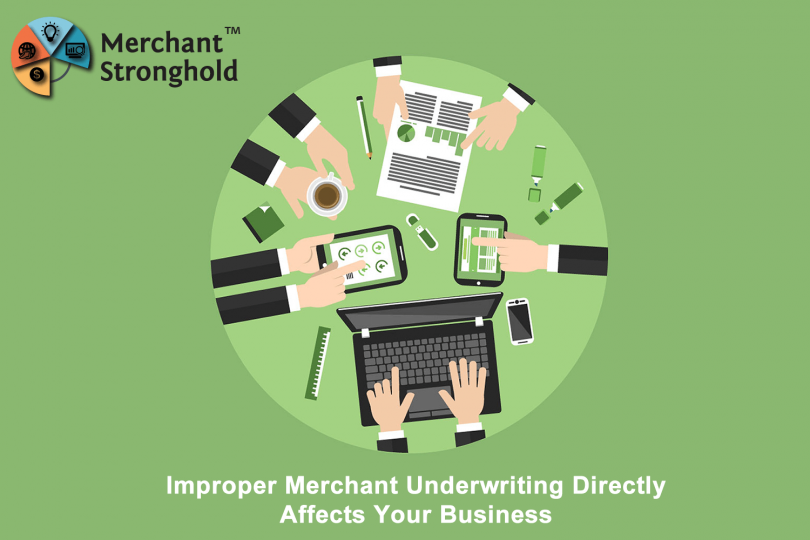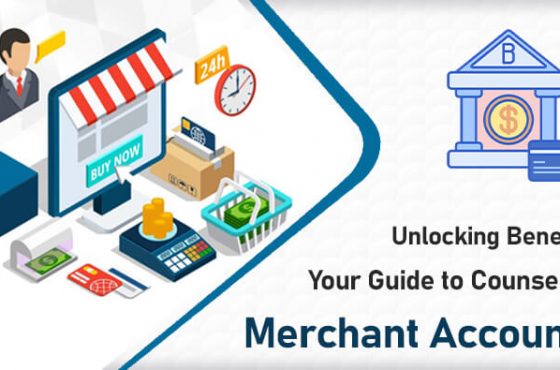What is Merchant Underwriting and Why It’s Important- Merchant Stronghold
It is important to open a merchant account to carry out financial transactions especially if your business requires a payment gateway through which you can accept payment by multiple payment methods. To acquire a merchant account you have to first find a card processor, which meets your needs and provides you services at a reasonable price. When you apply for this account, you cannot start by just filling an application form. The application (in turn your business) has to go through a wide analysis process. This process is merchant underwriting.
A team of high-risk analysts or an individual analyze your business to find out any type of risk. All according to this analysis your application is either approved or rejected. This whole process might take a day or two, depending on the provider you choose. There are alternatives to this. It may take lesser time for approval, as those alternatives do not require underwriting. But they have their own drawbacks due to which they are rarely recommended.
![]()
Email us anytime!
Email customer service 24/7
![]()
Call us anytime!
Reach customer care 24/7 at +1 (727) 330-3944
Merchant Underwriting Process
Merchant account is basically a line of credit. In case of chargebacks, the amount is cut from the merchant’s account. But, if there are not enough funds in the bank to pay for chargeback then the provider pays that amount right away to the customer. So the essential part of underwriting is to evaluate the risk level of merchant’s business. Following are the things that provider review:
What Providers Check
- Industry Type: Risk is in every kind of business but the level of risk varies from business to business. Few businesses are less likely to fraud and chargebacks as compare to others. Higher the level of risk, higher the amount of documentation.
- Return Policy: Businesses that indulge in shipping products are risky because there are chances of non-delivery of product, wrongly delivery or delivery of broken product that might result in chargebacks.
- Business History: If you are not new in the market and have applied for a merchant account, underwriting will involve reviewing of your credit history as well as chargeback history (to know chargeback ratio) before approving or rejecting your application.
- Card Acceptance Method: Provider will like to know about merchant terminated file if your business has been or still is on it. Most of them will evaluate current statement to get a fair idea of volume and acceptance methods. In case an application gets approval, business accepting telephonic orders or online orders is into account for more features and more security measures.
- Processing Limit Request: Depending upon your requirement of regular processing, limit of your account should be setup. If there is no requirement for high limits, do not settle with such account. A provider should set your limits at a medium level that would allow processing on a regular basis not leaving much room for fraudulent charges.
- Financial Stability: To check the financial stability, underwriting may include your bank statement and credit. This is very important for the businesses while applying for a new merchant account, as it directly affects the decision of underwriting approval.
After Effects of Poor Merchant Underwriting
Your high-risk business may suffer from one or the other reason even without in-depth analysis and these are:
- Incorrect Limit: You should set limits for your business as per requirement. It should not be too high or too low, as both will put your business at risk. Limits lower than required will hinder the regular processing of transactions. As a result, it may constrict the flow of cash or timely payments from the customer. If a limit is too high, this may lead to unexpected fraudulent charges.
- Hidden Fee: An additional fee is there if the volume exceeds the limit. However, even if you have set your limit, some providers let it exceed without notification. And they also charge you with a penalty.
- Downgrades: Once your high risk merchant account is set, you are inclined to transaction downgrades if certain required features and security measures are not set along with the account. Although, setting up these features will cost you more. But it will help you in long run and enable smooth processing of transactions.





